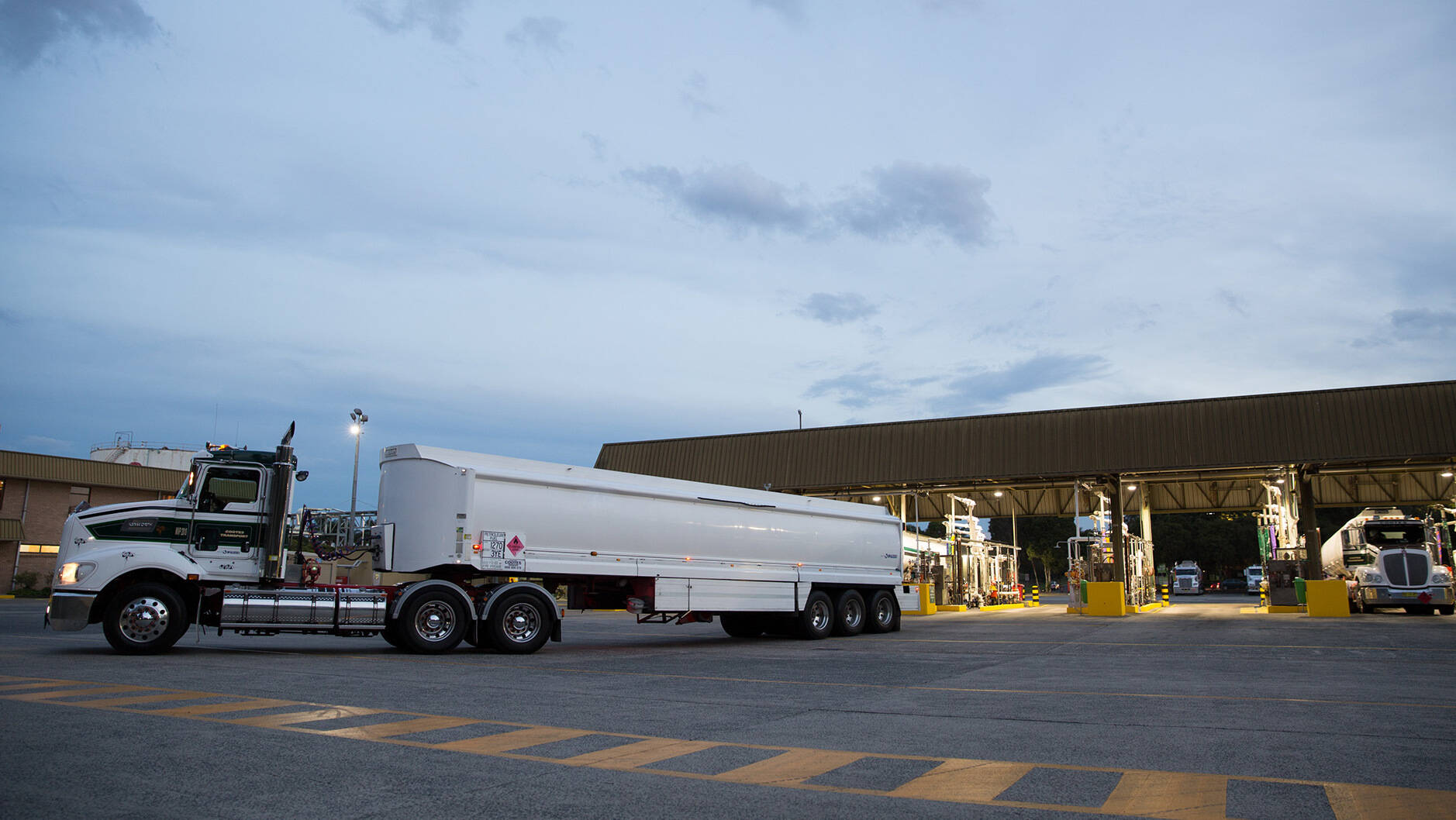Shipping
Welcome aboard
Creating new low carbon marine fuels to help cut maritime emissions
Marine fuel used in the global shipment of goods is undergoing a tremendous change. In helping to facilitate that change, we have engineered breakthrough lower-emission fuels like the EMF.5 that are helping meet the International Marine Organization’s environmental standards. Longer term, we're formulating new solutions to help put the industry on a path to cut emissions from port to port now and in the future.
We are developing the lower-emission solutions that will help our customers meet the International Maritime Organization’s 2050 emissions targets.
Watch the video
Working to lower shipping emissions
Can ships run on biofuel?
Lower-emission fuels
Explore more

Superior Graphite, Superior Acquisitions for Synthetic Graphite Production
2 min read
•
Reconfiguring for growth: leveraging the strength of integration
2 min read
•
Fueling the future: Renewable diesel production begins at Strathcona Refinery
2 min read
•
Optimizing to meet global demand and higher living standards
2 min read
•
Driving the automobile evolution for EVs and beyond
3 min read
•
From lab to track: our LEFs power Red Bull KTM Factory Racing
2 min read
•*Benefit compared to conventional petroleum-based VLSFO, calculated on an energy basis. Well-to-wake CO2 emissions reduction calculated using Directive 2009/30/EC of the European Parliament and of the Council Annex IV C. 1 and MEPC 66/21 Annex 5”



